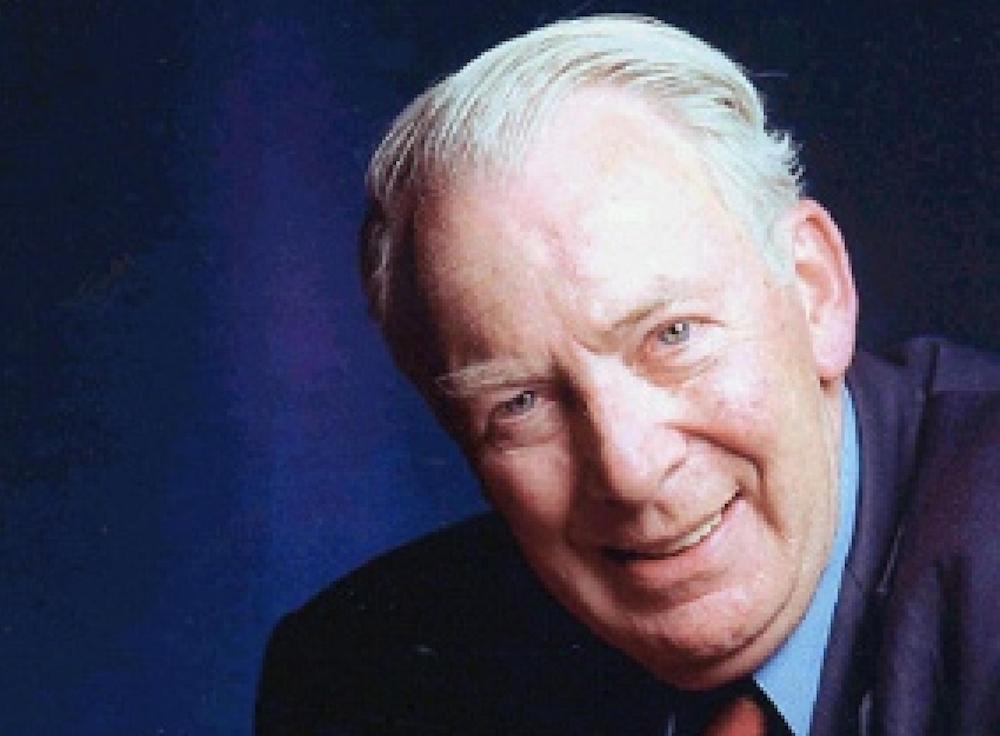The Late Middle and Reformation historian, Heiko A. Oberman, has left an indelible impact upon Renaissance and Reformation studies even twenty years after his untimely death. In this article, I seek to give an account of Oberman’s life and legacy, the continuities and discontinuities of themes in his scholarly works, and the contours of his evolving methodologies and academic priorities. I have separated these themes in Oberman’s works into three categories: pre-Reformation fourteenth and fifteenth-century philosophy and theology (namely Nominalism and Augustinianism), the Reformation and Luther, and Calvin and the Reformation of the Refugees. In tracing these various themes and methodologies in Oberman’s work, I seek to demonstrate how Oberman helped invigorate studies in the Late Middle Ages and sought to challenge and revise the traditional periodization of church history from 1250-1550.
Login to read more
Sign in or create a free account to access Subscriber-only content.
Topics:
